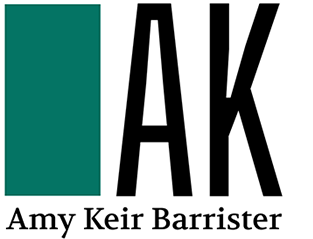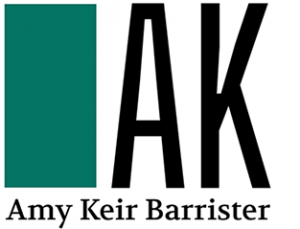The legal profession has faced criticism recently for its collective handling of sexual harassment and bullying issues. Apart from prurient interest, the debate surrounding this issue is a useful reminder of how professional regulatory bodies have an enduring interest in the conduct of their members, and the extent to which this factor must be considered when resolving employment issues. The Employment Court has recently confirmed this fact in a decision involving a nurse employed by the Southland DHB.
What is a Profession
A much overused term in modern parlance, the traditional definition of a ‘profession’ relates to a body of practitioners who have developed specialised knowledge by a recognised training process (usually a specific degree), and who self-regulate the right to practice by issuing authorisations to practice if certain criteria are met. Lawyers, Doctors, Nurses, Chartered Accounts, Architects and Teachers are all examples of professions, with a Society, Council, Institute or similar which controls their practice.
Where there is a controlling body, there will be rules for ‘admission’ to practice, and rules about conduct while in practice. In most cases now, these rules are imposed by statute or regulation. They have the force of law. Among other things, the rules relate to character and competence. The professional body is charged with ensuring its members enduring character and competence, investigating any matter that may reflect on these qualifications, and withdrawing or limiting the right to practice if concerns exist in this regard.
Now, here’s the important bit: most professional bodies impose a mandatory reporting obligation on members – a member who becomes aware of an issue touching on another’s character or competence to practice must report it to the professional body, which may conduct an investigation into the subject practitioner.
Consequences in Employment Matters
In the Southland DHB case, a nurse had been investigated by the employer in relation to complaints by colleagues that she had bullied them. A preliminary investigation concluded that there had been behaviour amounting to bullying. The nurse denied the allegations, and after some discussion between the parties, she resigned.
The resignation was recorded in a Record of Settlement which, among other things, provided that it was in full and final settlement of all matters between the parties, that all matters between the parties were to remain confidential unless required by law, and that neither party would disparage the other.
The employer reported the fact of its investigation into bullying complaints to the Nursing Council. The nurse complained that the DHB had breached the terms of settlement in making the complaint, by disparaging her, or failing to hold information confidential.
The Court examined the reporting requirements in the Health Practitioners Competency Assurance Act and concluded that the threshold for a report was ‘low’ (a matter “relating to” competence), and that the mandatory reporting requirements required a report to be made irrespective of other elements to the relationship. The Court even went so far as to indicate that the record of settlement could not have been drafted so as to protect the nurse against a report – it could not defeat the legal obligation to report.
A change to the way things have been done
Of course there is no hard data on this point, but my experience (and I am sure this is mirrored by that of my colleagues), is that we tend to treat a resignation and Record of Settlement as being the end of all risks for an employee. This assumption has suffered considerable criticism in the legal context of late, and the Court has confirmed it is wrong in respect of nurses.
Be very clear: if your professional rules impose a mandatory reporting requirement in respect of competence or character issues, then this obligation is not modified by a confidential resolution of employment relationship matters. If you are an employee, you should remain prepared to answer a professional complaint, if you are an employer, you should be reminded of your obligation to make it, and if you are advising either party, you should make sure that both sides are aware of the wider professional implications of their private process.



